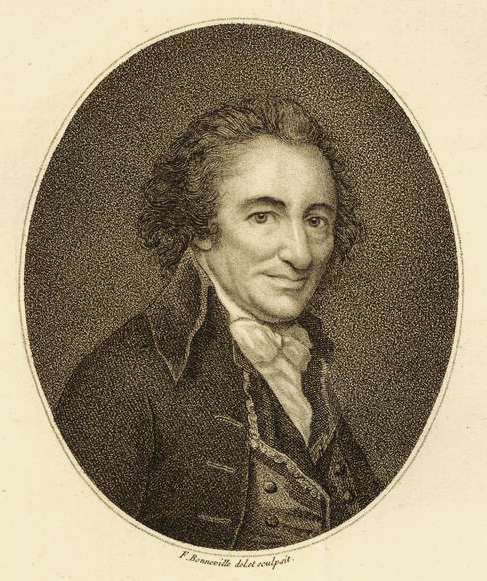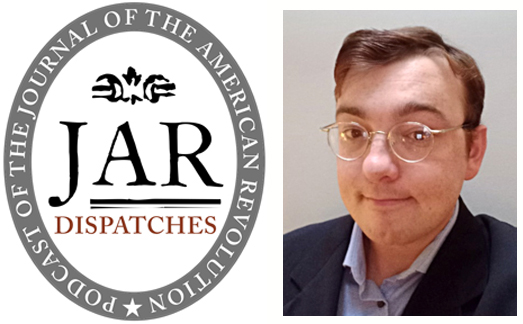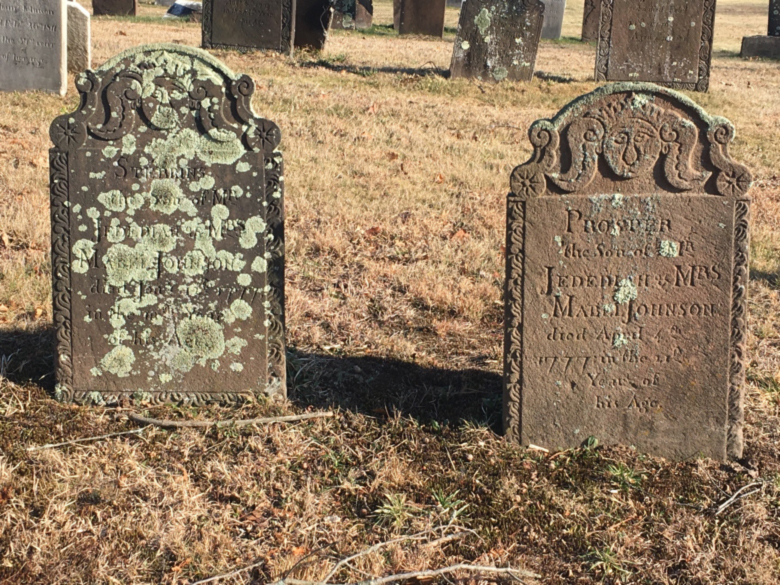Google Gordon S. Wood and you’ll find dozens of well-earned introductions:
One of the foremost scholars on the American Revolution…
One of the most esteemed historians…
One of the most important authors…
One of the most distinguished, celebrated, prominent…
“Gordon S. Wood is more than an American historian. He is almost an American institution,” wrote David Hackett Fischer in his New York Times review of The Idea of America. YouTube, Pinterest and Twitter are flooded with videos, images and 140-character messages about Wood and his work.
- He is the Alva O. Way University Professor and Professor of History Emeritus at Brown University.
- He received his Bachelor of Arts from Tufts and his Ph.D. from Harvard.
- He taught at Harvard and the University of Michigan before joining the faculty at Brown in 1969.
- His 1992 book, The Radicalism of the American Revolution, won the Pulitzer Prize for history.
- He is the author of The Creation of the American Republic, 1776-1787 (1969), which won the Bancroft Prize in history and the John H. Dunning Prize in 1970.
- He is author of The Americanization of Benjamin Franklin (2004), which won the Julia Ward Howe Prize from the Boston Authors Club in 2005.
- His volume in the Oxford History of the United States was a finalist for the 2010 Pulitzer Prize in history.
- His work was referenced during a Harvard bar scene in the Academy Award-winning Good Will Hunting.
Earlier this week, when we surveyed our readers on Facebook about who they wanted us to interview most, Wood was the first recommendation (hat tip to John Smith). Fortunately, Wood and I exchanged a couple emails recently so we were able to complete a rapid-fire Q&A for the enjoyment of our readers. Here we go:
 1 // Why is it important to study the American Revolution in the USA and abroad?
1 // Why is it important to study the American Revolution in the USA and abroad?
The Revolution and the beliefs and ideals that came out of it are what hold us together and make us a united people. There is no American ethnicity so the Revolutionary beliefs in liberty and equality and constitutionalism are the adhesives that make us a nation.
2 // What aspects of or questions regarding the American Revolution need to be further explored by historians?
The relationship between the Revolution and its non-military achievements, for example, in penal reform, freedom of religion, and legal reform.
3 // What do you hope the next generation of academics will remember most about your numerous contributions to the field?
I suppose it will be the emphasis I placed on republicanism.
4 // It’s not every day that an academic historian gets mentioned in an Academy Award-winning film. When did you first realize your name was dropped in Good Will Hunting (see scene below)?
I was at the Huntington Library in California and a graduate student who had gone to the opening in Cambridge MA emailed me.
5 // Aside from a pop culture reference on your Wikipedia page, what did this movie scene do, if anything, for your career?
I have no idea. I didn’t see any increased sales of my books.
6 // What history books are you most looking forward to reading in 2013?
Rick Atkinson’s third volume of his Liberation Trilogy.
7 // What can we expect from Gordon S. Wood in the next three years?
I am completing the final two volumes of the Writings of John Adams for the Library of America.
8 // You explained that “such a momentous event has inevitably attracted successive generations of historical interpretation.” Which generation of historians made the greatest impact on our overall understanding of the Revolution?
I think the generation that wrote in the 1960s, especially the work of Bernard Bailyn, has had the greatest impact on our understanding of the Revolutionary era.
9 // How would you summarize the current generation’s treatment of the Revolution?
Academic historians have not been much interested in the Revolution over the past thirty years or so. But that may be changing. How future historians will interpret the Revolution is impossible to predict. Much will depend changing circumstances in America itself.
10 // What three books about the American Revolution — other than your own — do you most recommend?
Bernard Bailyn, The Ideological Origins of the American Revolution; Ron Chernow, Washington: A Life; Pauline Maier, Ratification
Embedded above is the Good Will Hunting scene referencing Gordon Wood (at the 2:15 mark).













6 Comments
I’m a huge Gordon S. Wood fan. Thanks for doing the interview.
One of these days I will get to his book; it is on my shelf, but I have read Maier’s “Ratification…” so I’m batting about .250. 😉
I’m reading Ratification right now (25% of the way through it) and have read The Ideological Origins of the American Revolution. I’ll put Chernow’s book on the To Read pile. I was just speaking with someone about our To Read pile’s on our historical society’s Facebook page and they’re pretty long. I doubt I make it out of the 1700s this year. I may have to sneak a book or two in on the Jacksonian Era or the Civil War just to shock my brain.
The Creation of the American Republic is on the must read section of practically every historian of US History no matter what era plus other fields such as law and political science. I used to think that Radicalism was one of the key books of Revolutionary historiography, but I think Creation is far more important now. Reading both in depth is even better of course.
My first Wood book was Radicalism of the American Revolution as I was stumbling through the eras of American History. Wood’s writing captivated me and caused me to fall in love with the Revolution. Later I found one of his speeches on YouTube for Empire of Liberty and sealed the deal. This period of time was a transformative period of upheaval throughout the world that stood out from others.
Even then, the Revolution existed within the larger context of the Atlantic World which Wood’s mentor, Bernard Bailyn, helped to develop. That’s where Ideology comes into play as well as understanding how events in Europe played such huge roles in what went on in America from the 1600s through 1815.
Great job on interviewing Dr. Wood. Thanks!
This is great, I just finished ‘The Radicalism of the American Revolution’. Wow, what a extensive work that was! Helped me really understand the social aspects of the Revolution. Up next is that Bunker Hill book. That is going to be a movie right?
The rights were purchased, but that doesn’t guarantee the film will be made. Fingers crossed though.
I’m lucky enough to have read Gordon Wood’s “Radicalization …” early on and found it fast moving and satisfying + the ones mentioned by Bailyn, Chernow and Maier; but have to say the best one I’ve read in quite a while is Jon Meacham’s “Thomas Jefferson – The Art of Power”. Great writing style; I finished it in four days!